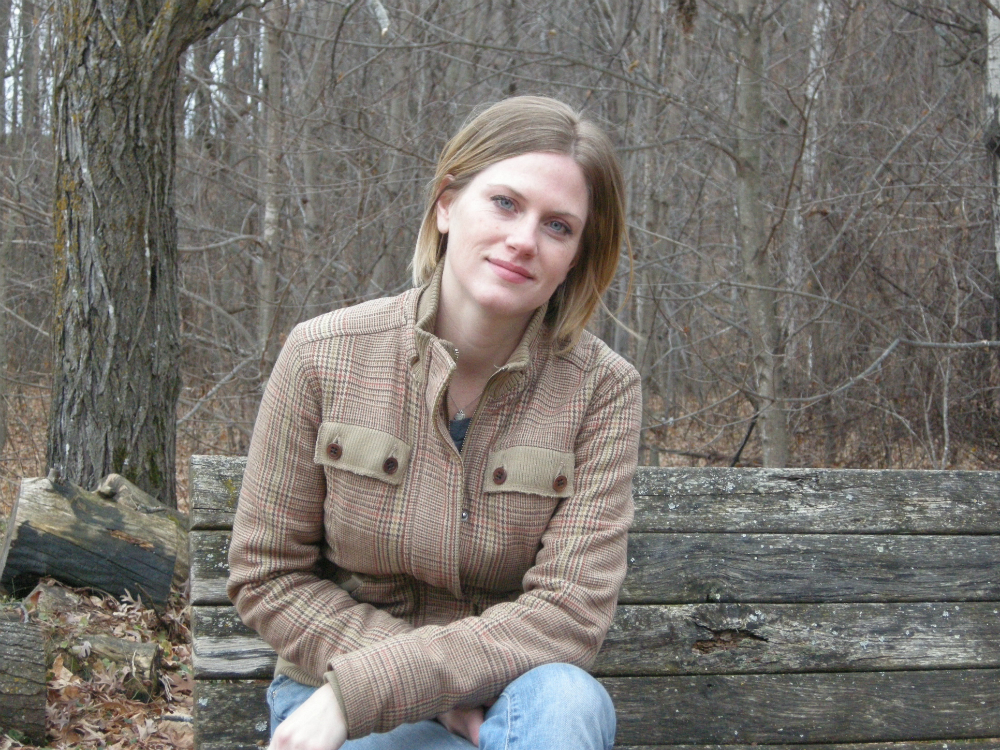If You Were The Victim Of A Crime, Could You Forgive?
Could you forgive someone who'd committed a crime against you or a family member? The Forgiveness Project explores the stories of people on both sides

Could you forgive someone who'd committed a crime against you or a family member? The Forgiveness Project explores the stories of people on both sides
Forgiveness - it's a weird concept, right? Some people assume only the deeply religious can forgive a terrible crime. Others rally against forgiveness because they think it's the same as saying the crime didn't matter at all, or that the person who committed the act is no longer to 'blame' for what happened.
The Forgiveness Project, a charity that has just celebrated its tenth birthday, thinks differently. They use the personal stories of both victims and perpetrators of crime and violence to explore the limits and possibilities of forgiveness and how choosing to forgive can have a positive impact on lives. Rather than being a one-off event, forgiveness is seen as a ‘journey’ and it’s a conscious, positive act that continues day by day. It’s not something you decide, ‘Oh I forgive you’ and then it’s over with. And, although often seen as an altruistic act, a person who ‘forgives’ another person of a terrible crime can also stand to gain themselves. Co-founder Marina Cantacuzino explains,‘For victims there is often a strong need to face the enemy; seeing the human face makes that person seem less of an "evil monster" and the world therefore a less terrifying place.’
As well as using ex-offenders to deliver a prison programme, the charity goes into schools and gives talks about what it means to be tolerant.
In her book, The Forgiveness Project, Stories for a Vengeful Age, (Jessica Kingsley Publishers), Cantacuzino collects the stories of both victims of violence and perpetrators side by side. Like Jo Berry whose father, Sir Anthony Berry MP, was killed in the IRA Brighton bomb in 1984. Years later, Jo met Patrick Magee, the former IRA activist responsible for his death and they’ve since worked together on peace initiatives. Jo says: ‘Perhaps more than anything I’ve realised that no matter which side of the conflict you’re on, had we all lived each other’s lives, we could have all done what the other did…had I come from a Republican background, I could easily have made the same choices Patrick made.’Patrick says, ‘Someday I may be able to forgive myself…but I’m not seeking forgiveness. If Jo could understand why someone like me could get involved in the armed struggle, then something has been achieved. The point is that Jo set out with that intent in mind – she wanted to know why.’

Picture: Samantha Lawler © The Forgiveness Project / Photo by Louisa Hext When Samantha Lawler’s mother was killed by her father in 1999 at their home in Florida, she wanted him to suffer terribly for his act. Thirteen years later she visited him in prison – by now he’d had multiple strokes, was breathing through a tube and had Aids – and she realised he was suffering plenty. ‘The shock and the appalling state he was in cleaned the slate for me,' she says. 'I told him over and over how much I loved him and that I forgave him…during those ten minutes there were no feelings of hate or guilt, or right or wrong….just a deep connection…For ten minutes I got my dad back…Forgiveness is not about forgiving the act but forgiving the imperfections which are inherent in us all.’
For more inspiring, powerful stories, see The Forgiveness Project by Marina CantacuzinoTo find out about the charity, visit their website
Marie Claire Newsletter
Celebrity news, beauty, fashion advice, and fascinating features, delivered straight to your inbox!
The leading destination for fashion, beauty, shopping and finger-on-the-pulse views on the latest issues. Marie Claire's travel content helps you delight in discovering new destinations around the globe, offering a unique – and sometimes unchartered – travel experience. From new hotel openings to the destinations tipped to take over our travel calendars, this iconic name has it covered.
-
 I tried Sofia Grainge’s go-to lymphatic drainage massage - and the results were astonishing
I tried Sofia Grainge’s go-to lymphatic drainage massage - and the results were astonishingThe results go way beyond aesthetics.
By Ashleigh Spiliopoulou
-
 My dry skin loves a tinted moisturiser in the summer months—this one is *outstanding*
My dry skin loves a tinted moisturiser in the summer months—this one is *outstanding*It ticks the boxes for coverage and nourishment
By Matilda Stanley
-
 I was overusing (and wasting) my skincare products until a dermatologist taught me this trick
I was overusing (and wasting) my skincare products until a dermatologist taught me this trickLess slathering, more targeting.
By Darcy Brown